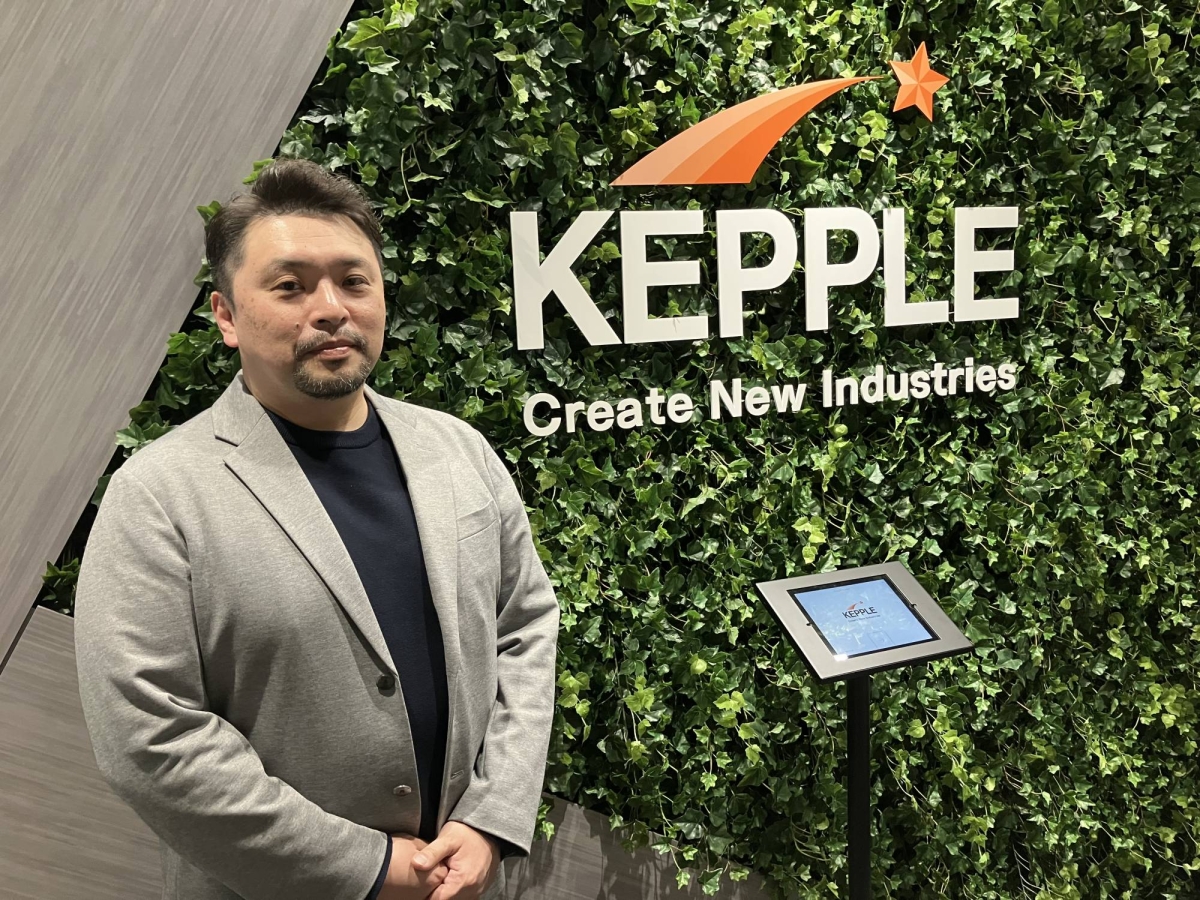Summary:
Japan's target for startup investment is ¥10 trillion by 2027, but current investments are falling short.
Investment dropped from ¥978 billion in 2022 to ¥804 billion in 2023.
Tokyo ranks No. 10 in global startup ecosystems, while Silicon Valley leads with $170 billion in annual investments.
Structural issues hinder Japanese startups from expanding globally and attracting investments.
Government initiatives aim to internationalize startups, but more unicorns are needed for growth.
Japan's Startup Investment Ambitions
In 2022, Japan aimed to increase startup investment tenfold within five years, targeting ¥10 trillion ($63 billion) by 2027. However, the country is struggling to meet this goal, as total investment in startups has been declining since the target was set.
Current Investment Landscape
In 2022, Japan’s startup investment was ¥978 billion, which plummeted to ¥804 billion the following year, and only ¥325 billion was recorded in the first half of this year. The Startup Genome Global Startup Ecosystem Report ranks Tokyo at No. 10, unchanged from 2021, while Silicon Valley remains the leader with $170 billion invested annually in startups in the U.S.
Structural Challenges
Experts like Hiro Nishiguchi, president of Startup Genome Japan, emphasize that Japan is still in the seed-planting phase of startup development, facing structural issues that hinder investment growth. Japanese startups are often perceived as inward-looking and risk-averse, limiting their potential to compete on a global scale.
Learning from the UK
Nishiguchi points to the UK's rise as a startup hub, crediting former Prime Minister David Cameron for transforming East London into a tech city. The UK’s approach focused on attracting venture capital from the U.S., a strategy that Japan could learn from.
Government Initiatives
The Japanese government has prioritized internationalizing startups, with programs like Global Hypergrowth Tokyo aimed at assisting domestic startups in expanding overseas. However, the low threshold for going public in Japan has resulted in a lack of unicorns and slow growth post-IPO.
The Need for Bigger IPOs
Masahiko Homma, general partner at Incubate Fund, highlights the need for larger initial public offerings (IPOs) to attract more investment. The Kepple Liquidity Fund seeks to enhance the secondary market for private shares, targeting mid-to-late stage startups to help them grow before going public.
Investor Development
Investors must also evolve; Yasushi Dozen, chief investment officer at Kepple, believes Japanese venture capitalists need to enhance their fiduciary duties and collaborate more with academic researchers to commercialize innovative technologies.
Japan's startup ecosystem is at a critical juncture, and addressing these challenges is essential to achieving its ambitious investment goals.




Comments